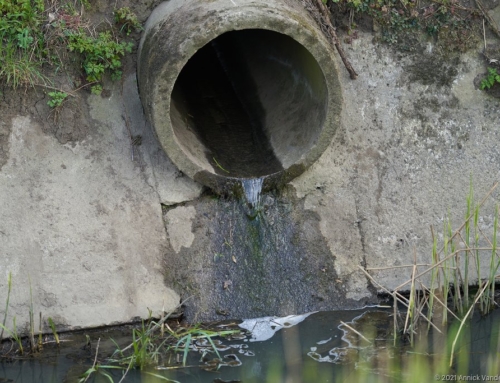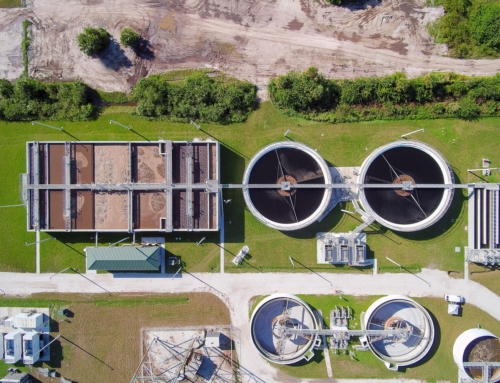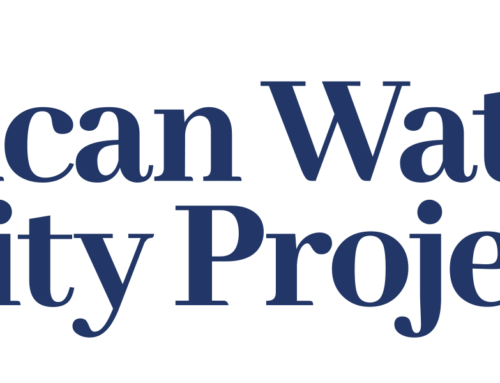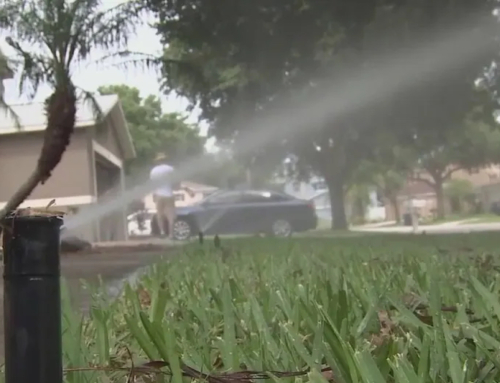Authored by the American Water Security Project’s Executive Director Dr. Brandon D. Shuler, Wise tax investment is key to solving Florida’s water issues originally appeared in the Naples News June 2, 2022.
From his proclamation in the first days of his administration that, “the protection of water resources is one of the most pressing issues facing our state,” Governor Ron DeSantis and the Florida Legislature have delivered transformational legislation and appropriations to protect Florida’s water quality and supplies.
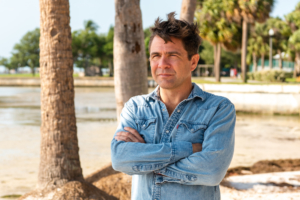
AWSP Executive Director, Dr. Brandon D. Shuler
In the Administration’s first three years of office, Florida has appropriated roughly $1 billion to water quality improvement projects, including funding $300 million to Drinking Water and Wastewater Facility Construction loan programs. This $1.3 billion does not include Everglades restoration projects nor the $525 million in federal covid relief support from the American Rescue Plan that funded water resiliency projects.
In 2019, to address Florida’s mounting water issues, State Senator Debbie Mayfield (R-Melbourne) ushered through the bipartisan Clean Waterways Act, a comprehensive bill that created, among many other improvements, a statewide wastewater grant program. The grant program prioritizes wastewater projects in basin management action plans, restoration plan areas, and rural areas of opportunity. The program requires at least a 50% match from applicants, which may be waived by Florida Department of Environmental Protection for rural areas of opportunity.
In the 2021-2022 budget, the legislature dedicated $114 million to upgrade traditional septic systems to include nutrient removal technology, provide advanced wastewater treatment, or convert septic tanks to central sewer. This does not include the 103 wastewater and springs projects totaling $481 million that the federal American Rescue Plan Act funded in November.
These remarkable increases reflect broad agreement by our elected officials that continuing to rely on outdated water infrastructure and traditional septic tanks is destructive and wasteful. If we are to reduce the number of harmful algal blooms fueled by sewage nutrients, and the number of beach closures due to high fecal pathogen counts, while meeting our growing water demands through optimized treatment and recycling, we must make these investments.
Many local governments that own water utilities have also embraced this reality, as evidenced by the slew of member requests this session that allows state legislators to earmark funding for individual projects. We are encouraged by these demonstrations of political will to fix problems that, in many cases, should have been fixed decades ago. However, a scattergun approach to such a severe and ubiquitous problem raises concerns about how we ensure the projects are well-designed, logical in sequencing with other projects, and address problems most in need of finite resources.
Florida Tax Watch — a bipartisan budget oversight nonprofit — recently released their annual Turkey Report, which identified 243 “water turkey” project requests. A “turkey” is a project that does not follow legislative budget rules or applies for funding outside existing policy and processes. This year, of Tax Watch’s 243 water turkeys, 83 are wastewater infrastructure projects worth $125 million that should have been applied for through the FDEP’s Wastewater Grant Program. That grant-making process carefully vets each proposed project to ensure the return on investment.
By our math, it could take upwards of $40 billion to solve Florida’s wastewater pollution issues alone. It will take a disciplined process to solve problems so ubiquitous and so expensive, especially considering the costs of inaction — the costs associated with fueling harmful algal blooms, contaminated water, and water shortages.
We don’t fault members of the legislature for requesting funding to address pollution, contamination, and water waste in their communities. But instead of a scattergun approach, let’s put the dollars in the programs where they belong to begin with, and make sure that the DEP and other agencies have the staff resources to vet project proposals expeditiously. Such an approach will allow state and local leaders to ensure that adequate funding is sustainable, that progress is ongoing, coordinated, and measurable.
Dr. Brandon Shuler is the Executive Director of the American Water Security Project, which is dedicated to achieving optimal treatment and recycling of stormwater and wastewater through America’s system of utilities.

